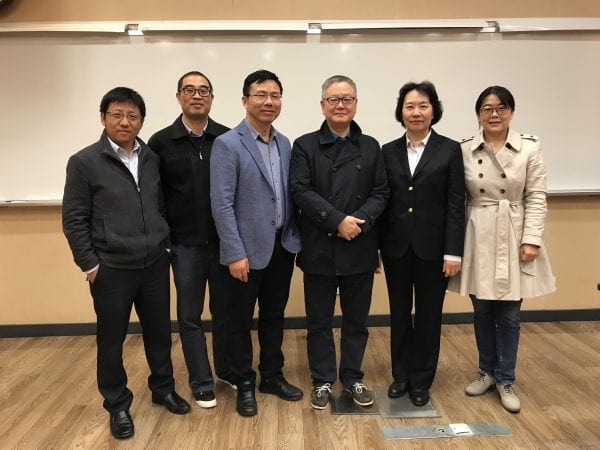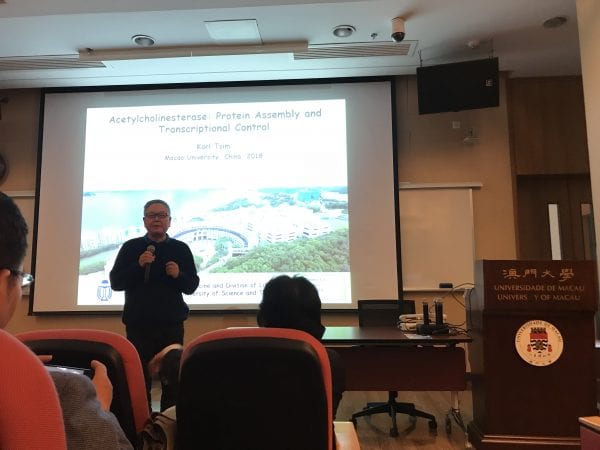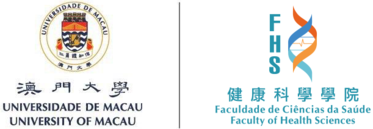

| Talk title | Acetylcholinesterase: Protein Assembly and Transcriptional Control |
| Speaker | Prof. Karl TSIM Chair Professor The Hong Kong University of Science and Technology, Division of Life Science |
| Date & Time | 13 December 2018 (Thu) 03:00pm-04:00pm |
| Venue | Room G003, E12 Building (University of Macau) |
| Abstract | Acetylcholinesterase (AChE) is anchored onto cell membranes by a transmembrane protein PRiMA (Proline-Rich Membrane Anchor) as a tetrameric globular form that is prominently expressed in vertebrate brain. Several lines of evidence suggest that the dimer formation probably represents an intermediate in the assembly of the tetramer. In addition, the assembly of AChE tetramers with PRiMA requires the presence of a C-terminal “t-peptide” in the AChE catalytic subunit (AChET). This protein assembly could be affected by chaperons. The expression of AChE in cells could be regulated by protein assembly and transcription control. In the assembly of oligomeric AChE, the step-by-step assembly of enzyme in endoplasmic reticulum (ER) is being revealed. AChE inhibitors (AChEIs) are the most established treatment strategy for Alzheimer’s disease (AD), which could act as chemical chaperons in affecting the protein assembly of PRiMA-linked AChE in the endoplasmic reticulum (ER). Transcriptional regulation of AChE is happened during differentiation of various cell types, including myoblast, neuron, erythroblast, osteoblast and immune cells. Here, we are aiming to identify possible transcription factors playing role in AChE expression in various cells during differentiation. In osteoblast, Runx-2 is a master transcriptional factor associated with differentiation. The expression of AChE was increased during osteoblastic differentiation, and which could be mediated by a Runx-2 binding site at the ACHE promoter. These findings provide an insight in elucidating possible role AChE in different cell types. |

